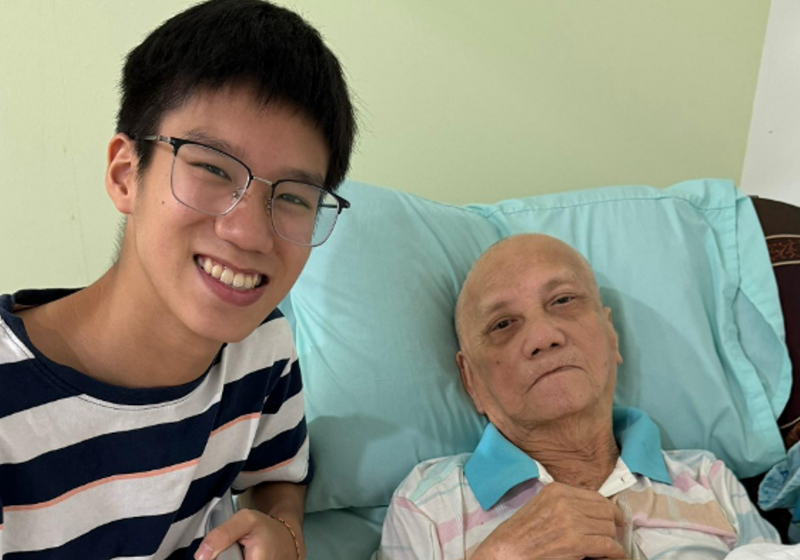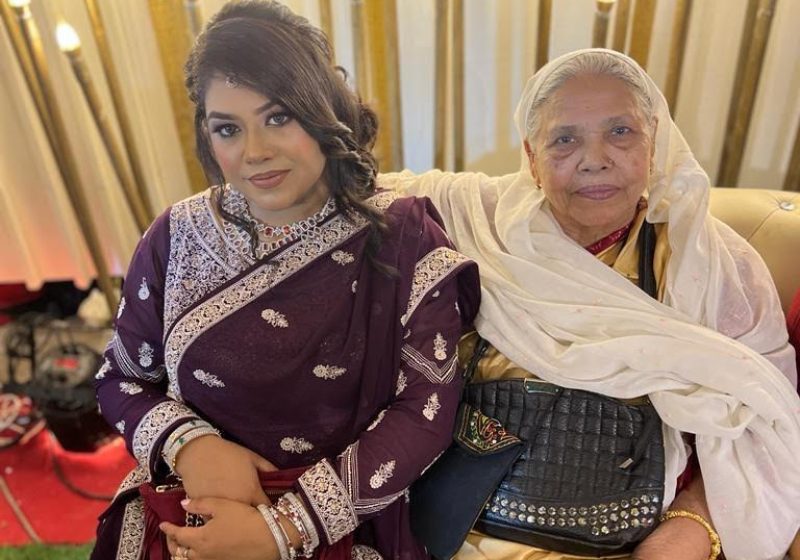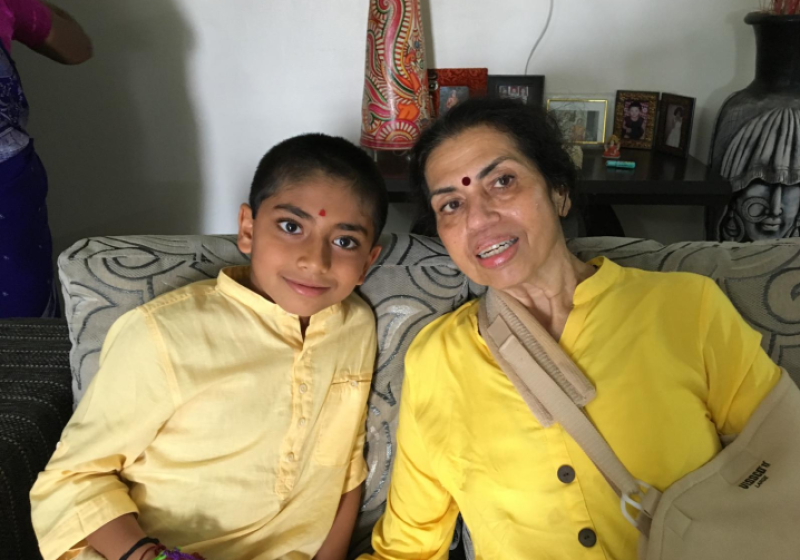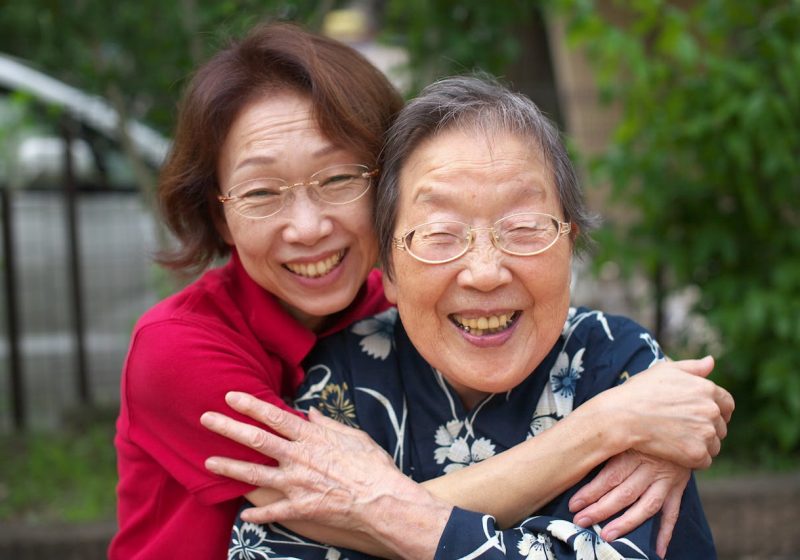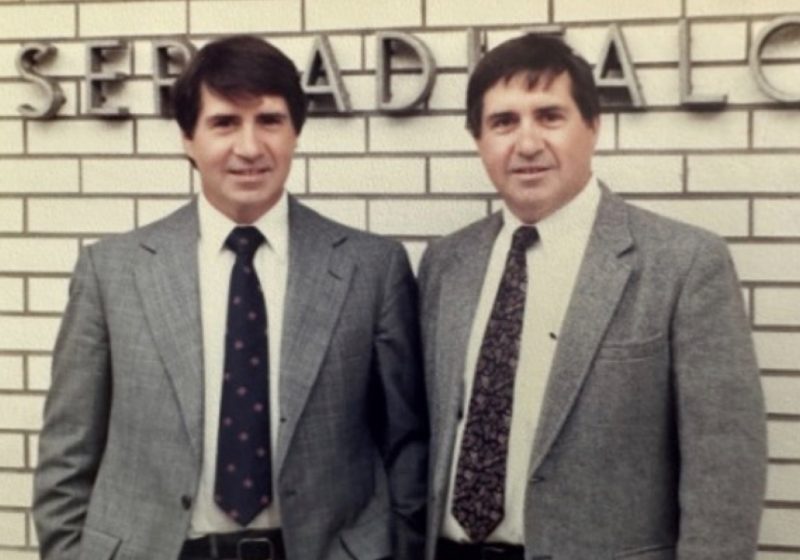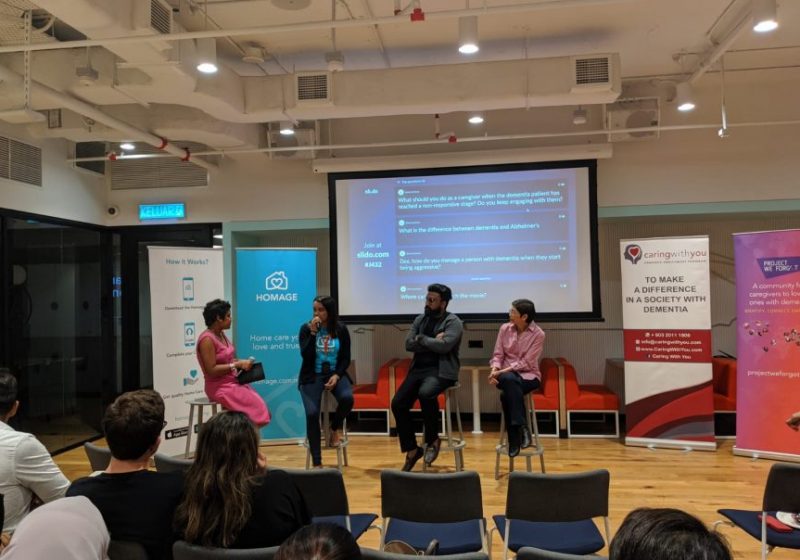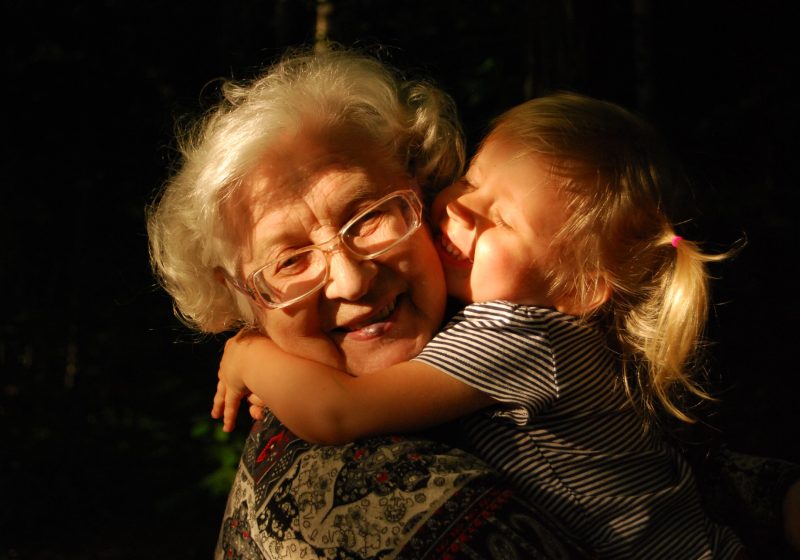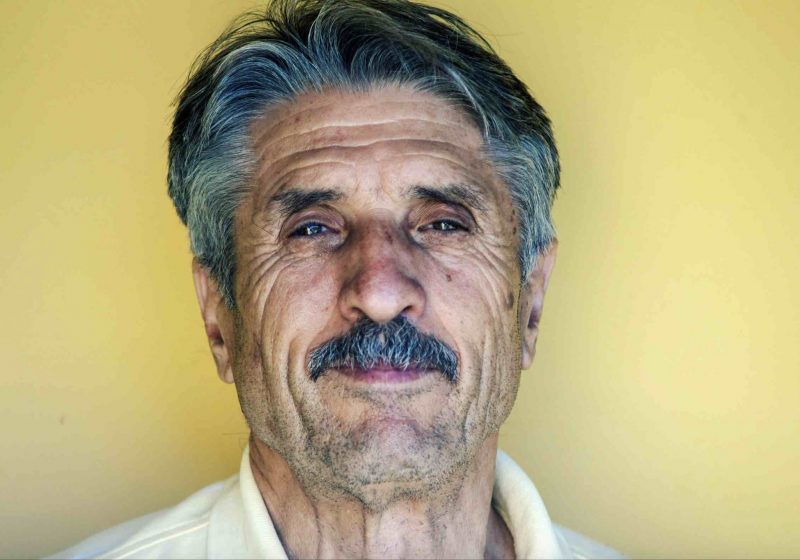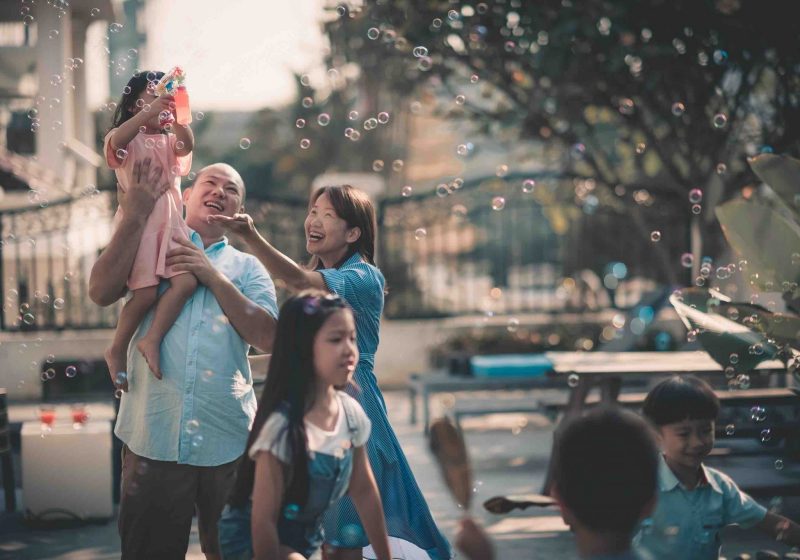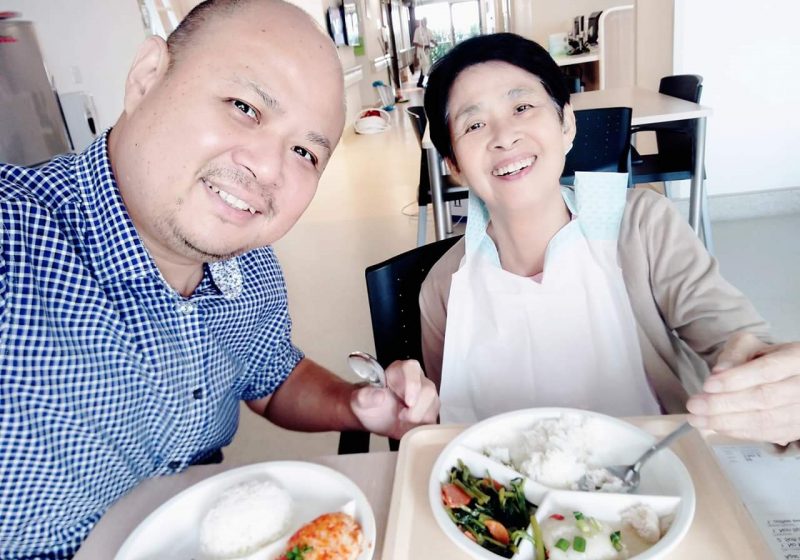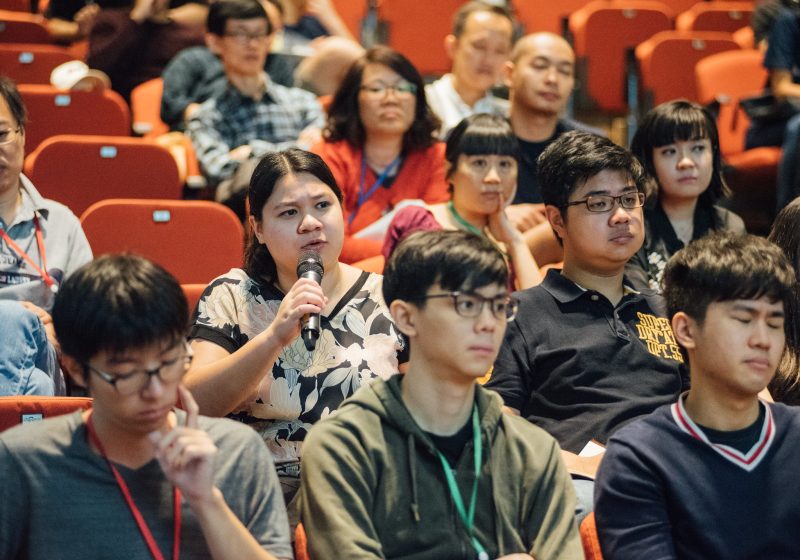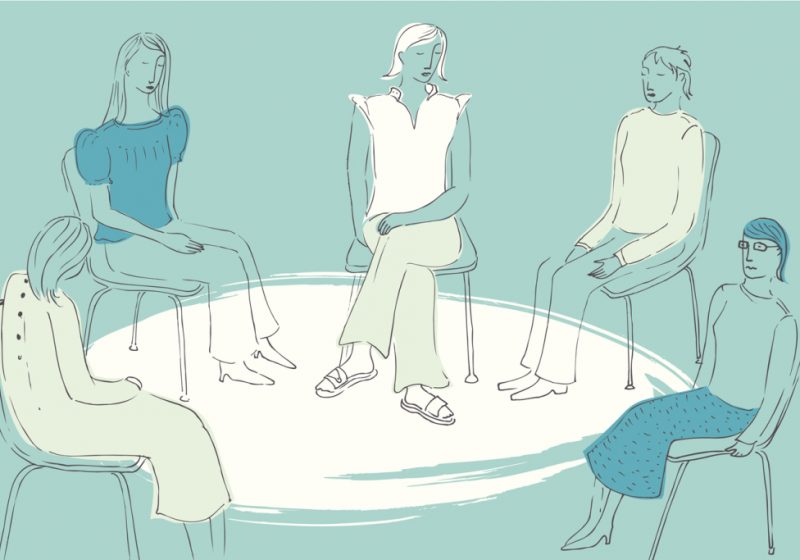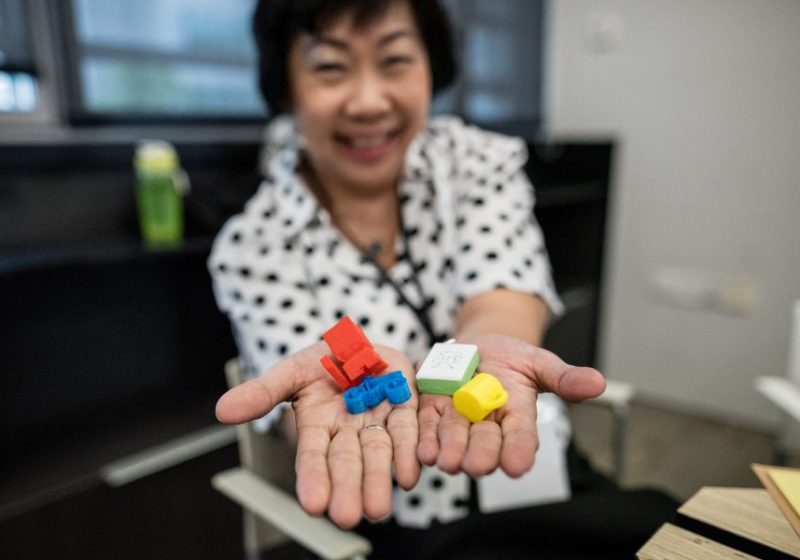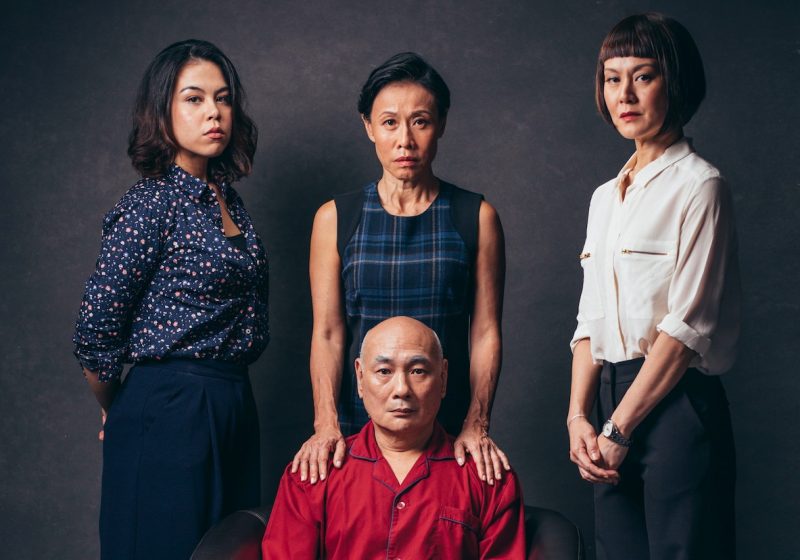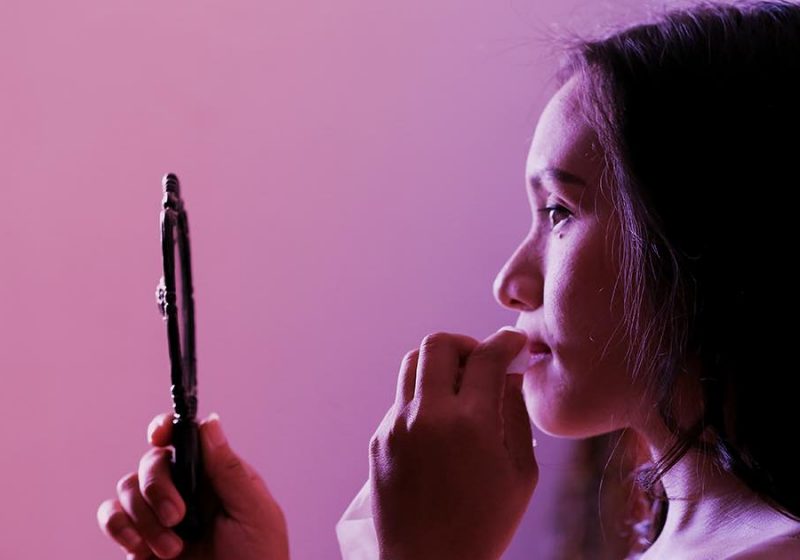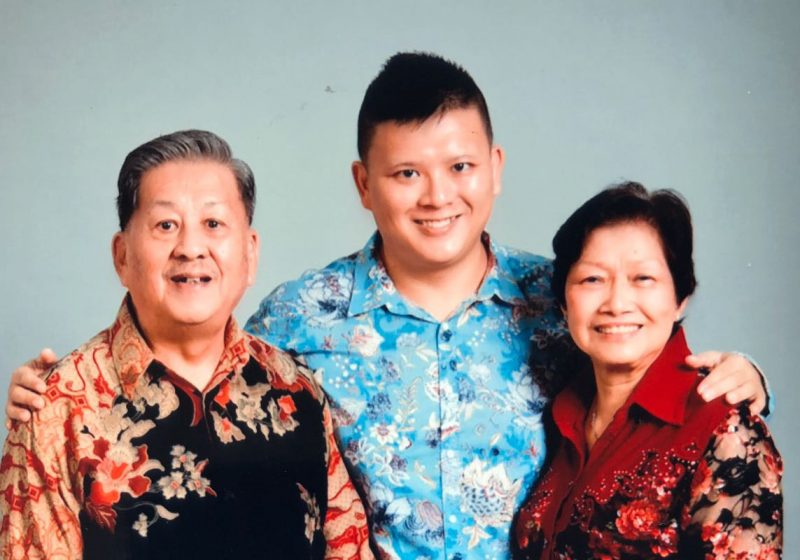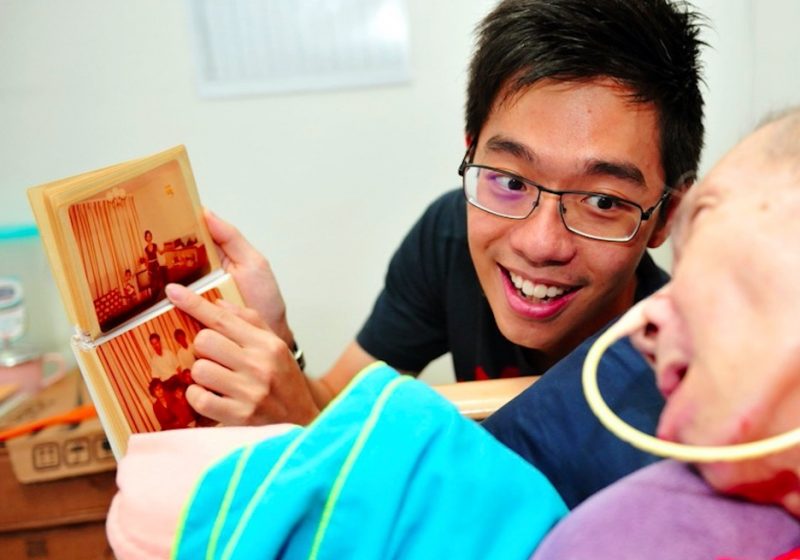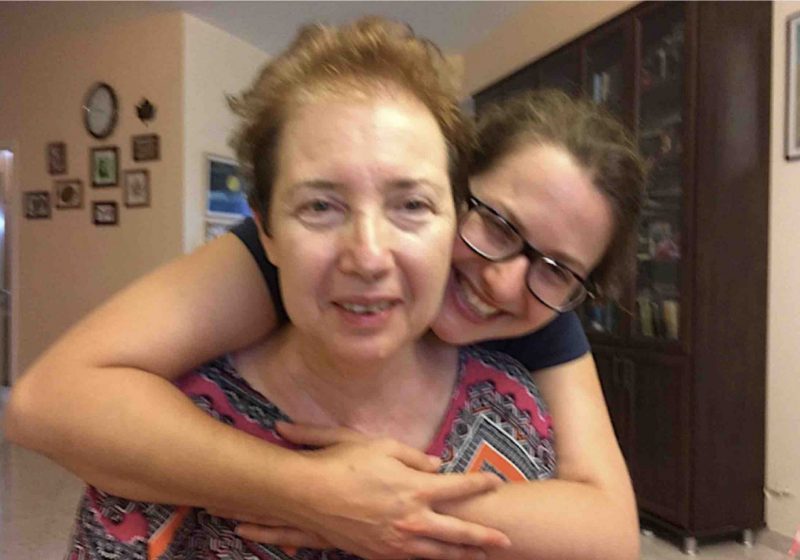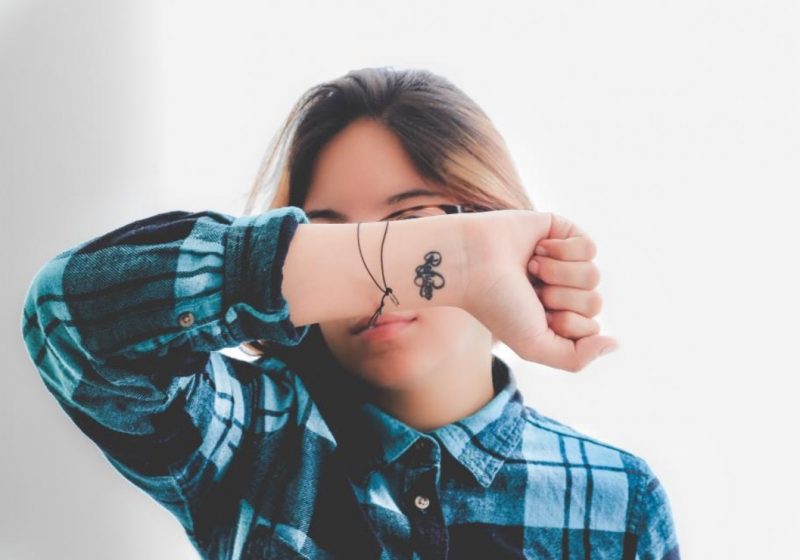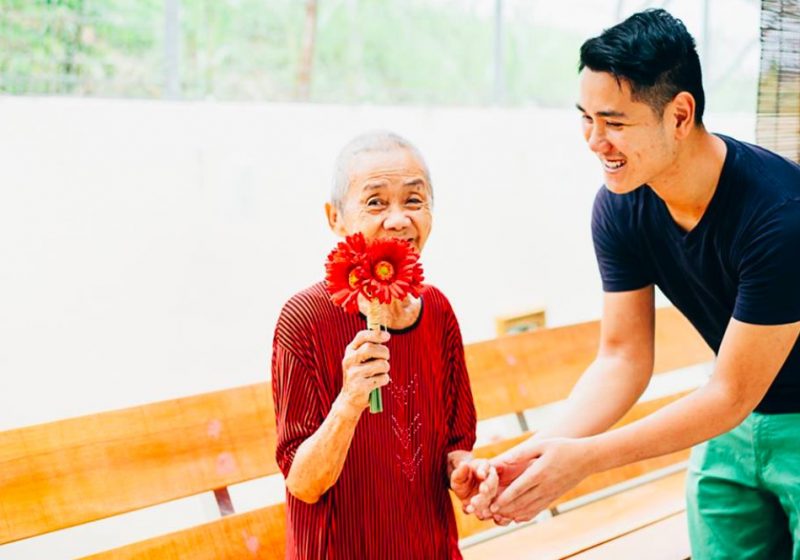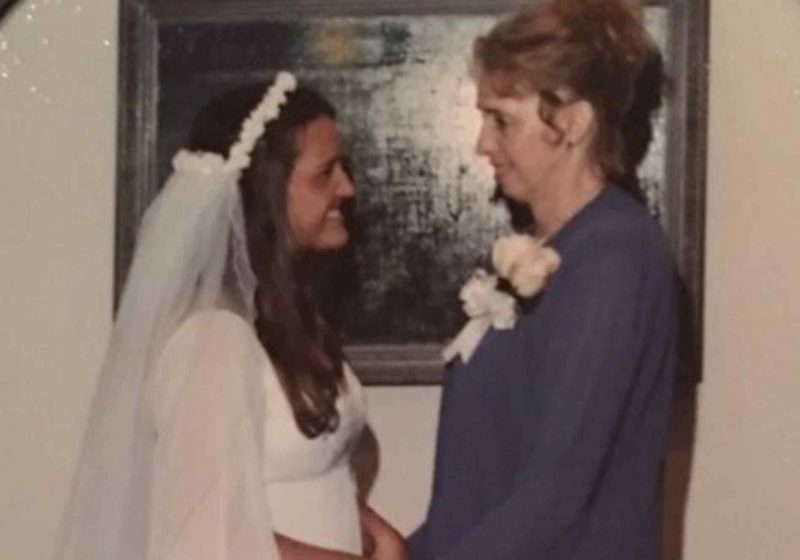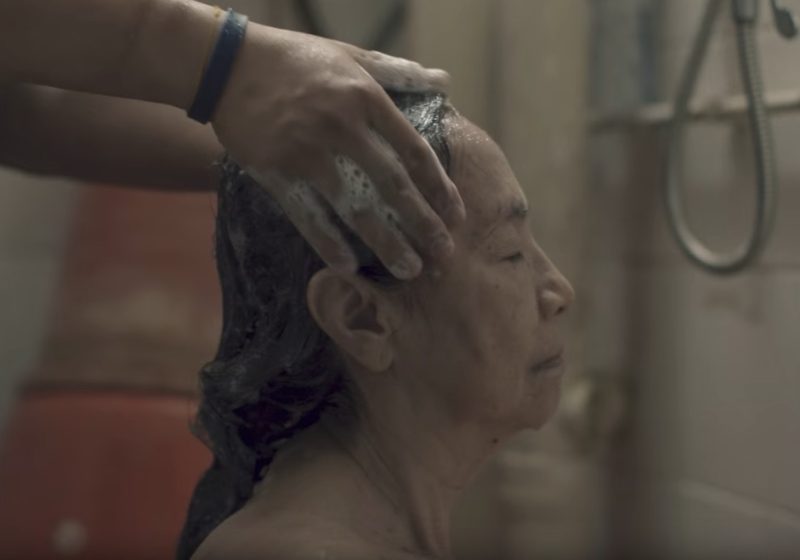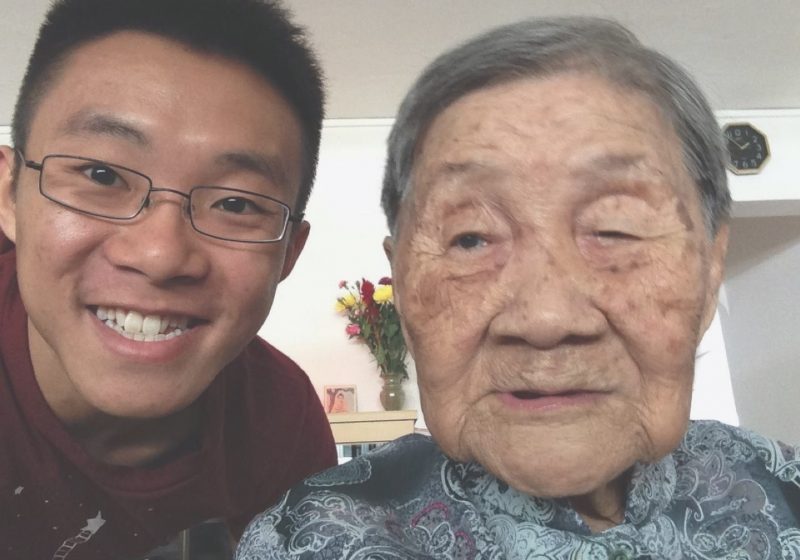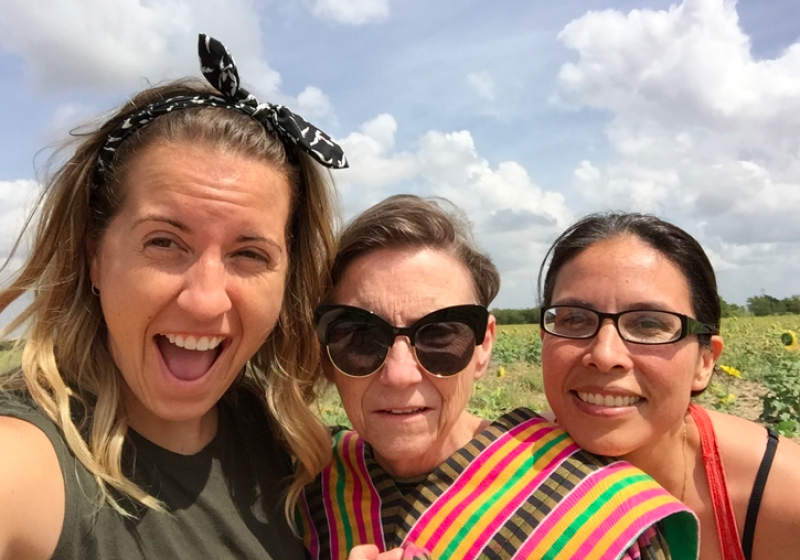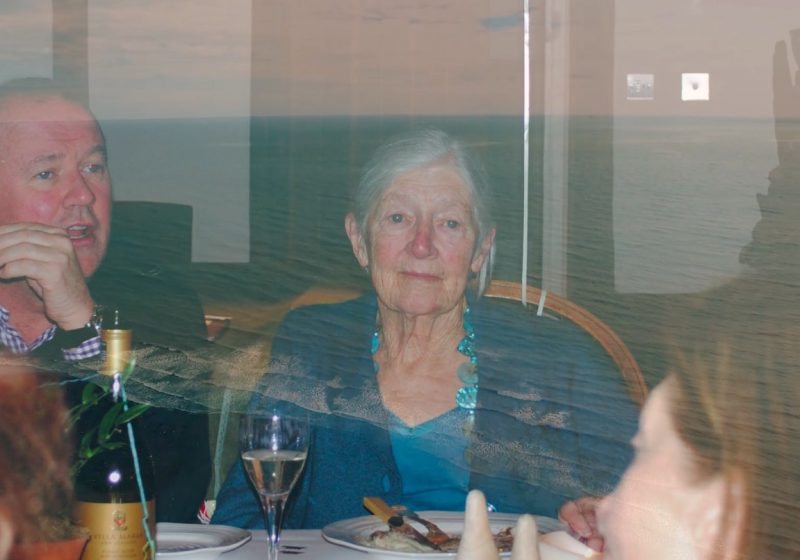Cheryl Ng’s short film, “But The Heart,” provides a profound journey of understanding dementia, transforming perspectives and enhancing caregiving for loved ones.
By Cheryl Ng, Renee Tan
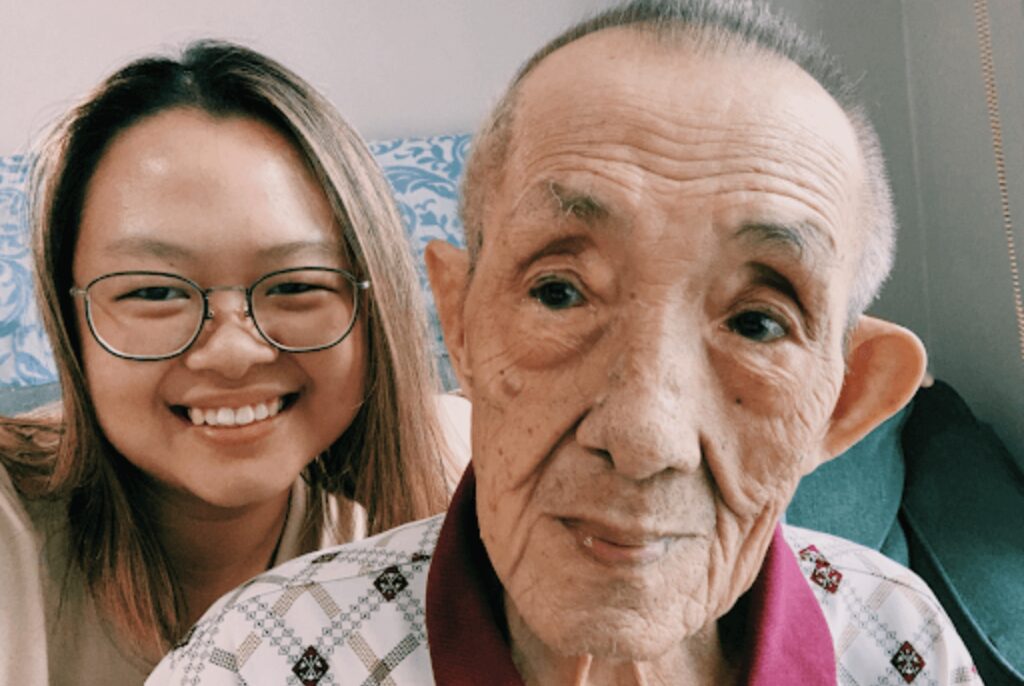
The inspiration behind the film
I was motivated by my experience of living with my grandmother with dementia and decided to create a short film, But The Heart.
In the process of developing the film, I spent time sharing the plot with my family. They chipped in with their own experiences with my grandmother, and this triggered my memories of caring for my grandmother when I was eight years old to resurface. Through this process, I saw many similarities between my maternal grandmother and paternal grandfather living with dementia. For example, both of them would bang the table.
The portrayal of people with dementia in the media tends to be over-exaggerated. Learning how to portray them accurately is difficult. It is not something that can be understood in a single day. It comes down to experience — you piece everything together over the course of years. Understanding them as a person comes before understanding them as a person with dementia.
Cheryl Ng’s short film “But The Heart” beautifully portrays her personal transformation in comprehending dementia, enabling her to view her grandmother with a deeper understanding and subsequently enhancing her care for her grandfather in the years that followed.
Stepping in to care for my grandparents
A caregiver needs to have a lot of love. We need to be willing to understand our loved ones and what they are going through. As caregivers, we need to be able to look at the person beyond the violent meltdowns and see them as a normal person. We need to understand that their quirks are just normal things that they do. We need to be prepared for the unexpected. We also need to be patient. After all, everybody needs help in one way or the other.
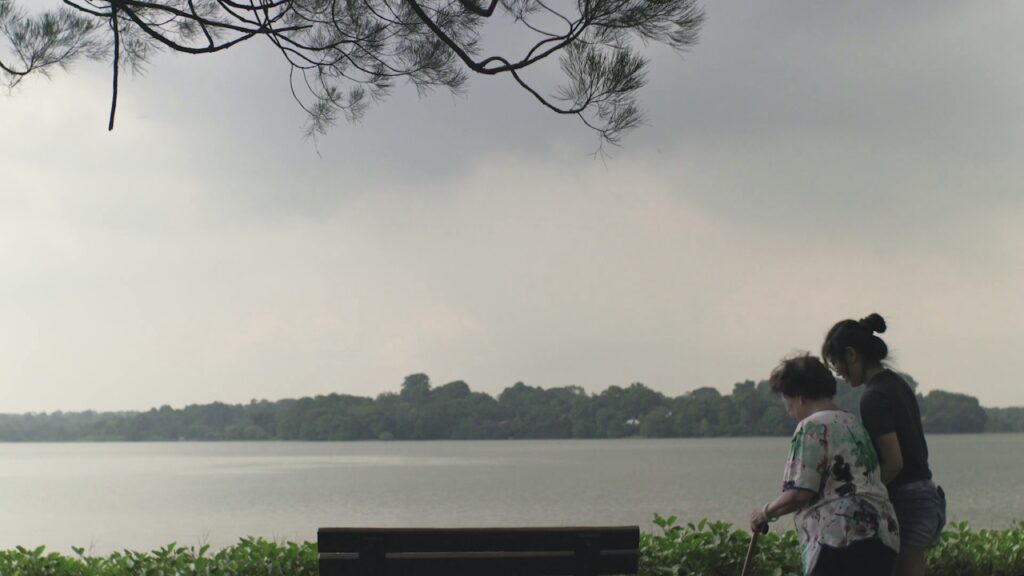
I wish that there was more education about dementia. In school, there are modules that teach us about morals but not about the ageing process and how it changes family dynamics. With the ageing population, many grandchildren will go through this experience with their grandparents. They need to know what help is available.
Many grandchildren are caregivers but may not be aware of it. When both your parents are working, and your family does not have a domestic helper, you step in. When you have school holidays, relatives expect you to chip in and help care for your grandparents. My parents never said, “You must care for your grandmother.” It was more like, “Your grandmother has this. Could you please do this?”
Although it is not commonly talked about in mainstream media, we grandchildren talk casually about it amongst ourselves. Grandchildren are important in the circle of care. My family used to engage a domestic helper. While she helped my grandmother physically, I would connect with my grandmother emotionally and support her mentally. My sister and I would follow her to exercise and count out her repetitions for her in Cantonese. We were 6 and 8 years old then, respectively.
I used to get frustrated when my grandmother forgot who I was. She would say, “I don’t have a grandkid—my kids are still schooling.” Now, I take such things more lightly.
I have now learned to find joy in the experiences of the care journey. My grandfather once sat at the table and had nothing to hit the table with, so he started clapping his hands. I clapped along. It was a fun moment.
We all have a role to play in the circle of care
I wish that there is more education about dementia. In school, there are modules that teach us about morals but not about the ageing process and how it changes family dynamics. It is important that schools include dementia in their curriculum because it is rising amongst the Singaporean population. Many grandchildren will go through this experience with their grandparents.
If you are a person living with dementia, just be yourself. There are many people who love you so you do not have to be afraid. Dementia is not something you can control.
If you are a caregiver, please do not bottle up your emotions. If you are feeling down, try and speak to someone you trust. They can offer you emotional support. If you are a young caregiver, you are not alone in this. Many are going through the same thing, be it directly or indirectly.
Know that you cannot expect people with dementia to be the same person they were before their diagnosis. Treat them like you are getting to know a new friend. Understand them the way you would any person. Recreate, instead of force, the relationship.
Life has its ups and downs. Let us live every day to the fullest, and appreciate everyone while they are still around.
But The Heart follows Jamie, a teenager, who is temporarily tasked to be her grandmother’s caregiver. However, her grandmother has no inkling about who Jamie is. This short film was created for the 2019 Singapore Mental Health Film Festival. Watch it here.


